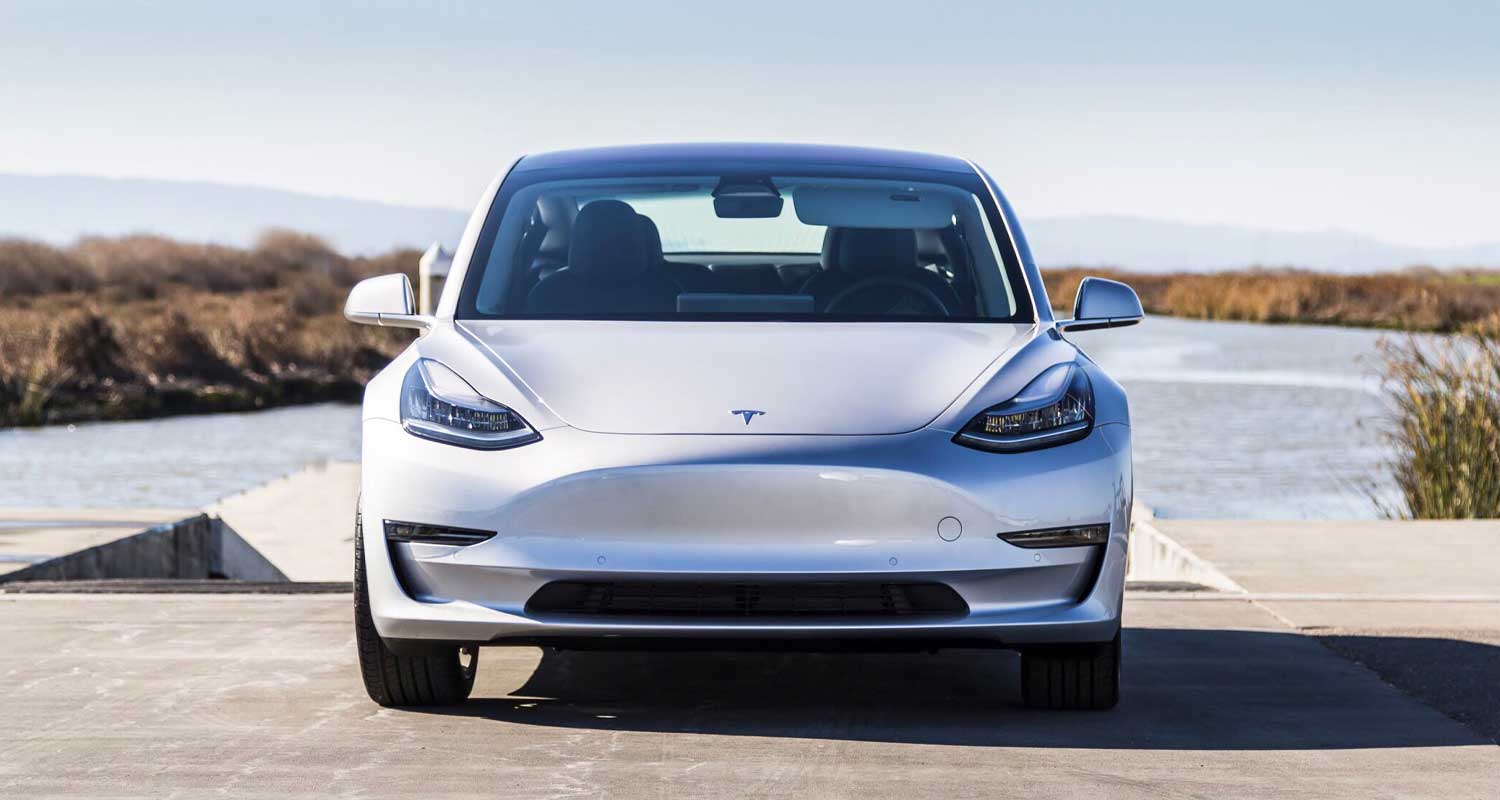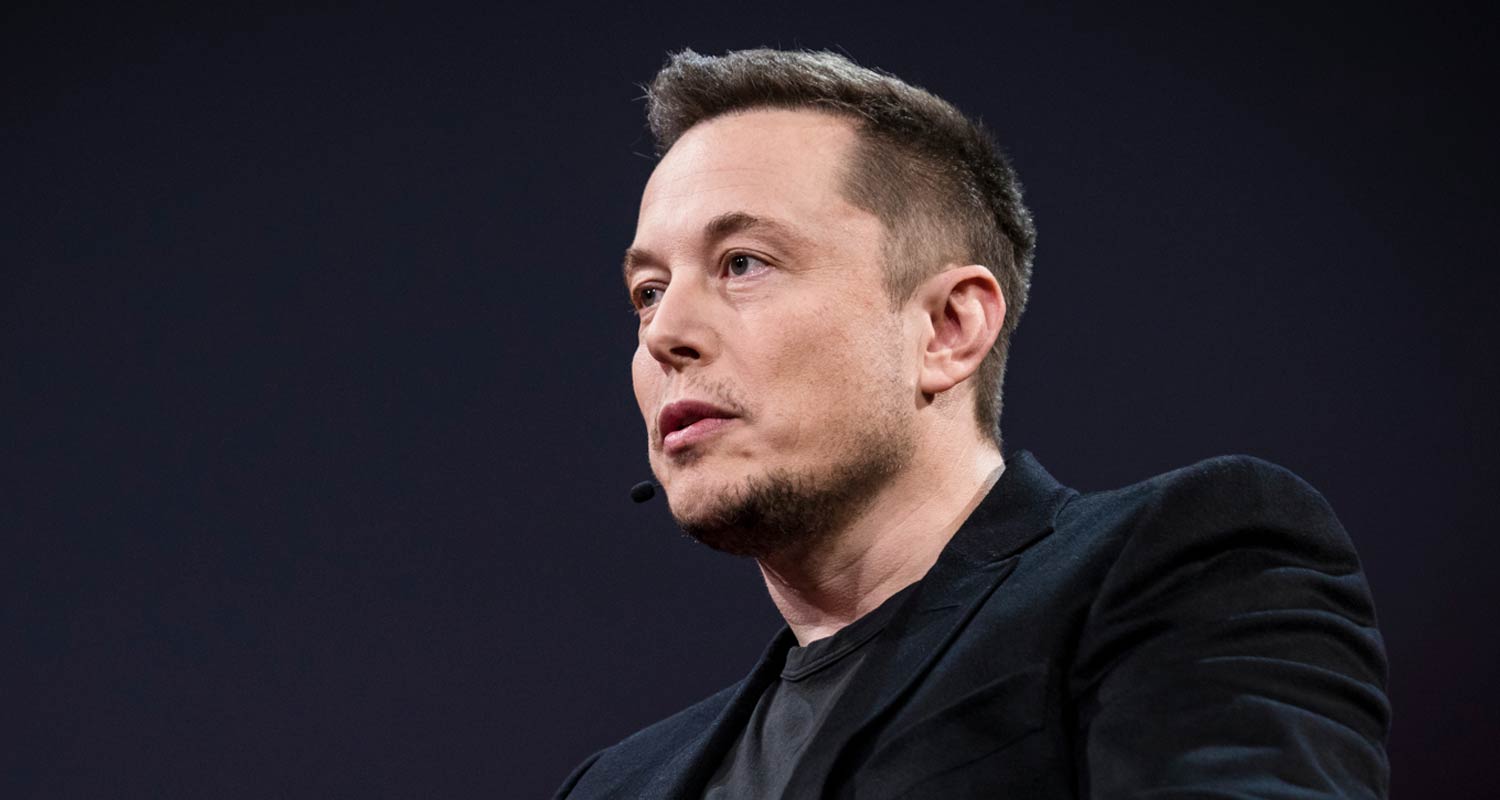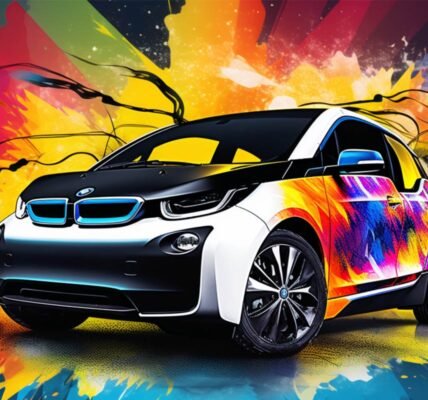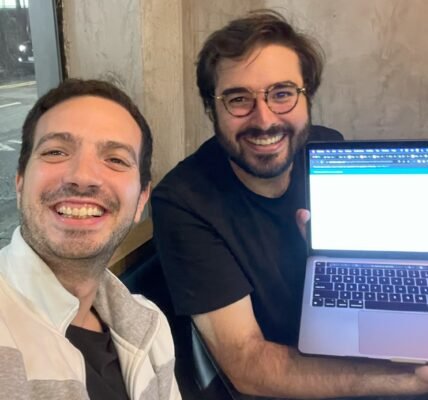
Tesla has cancelled the long-promised inexpensive car that investors have been counting on to drive its growth into a mass-market car maker, according to three sources familiar with the matter and company messages seen by Reuters.
The company will continue developing self-driving robo-taxis on the same small-vehicle platform, the sources said.
The decision represents an abandonment of a longstanding goal that Tesla chief Elon Musk has often characterised as its primary mission: affordable electric cars for the masses. His first “master plan” for the company in 2006 called for manufacturing luxury models first, then using the profits to finance a “low-cost family car”.
He has since repeatedly promised such a vehicle to investors and consumers. As recently as January, Musk told investors that Tesla planned to start production of the affordable model at its Texas factory in the second half of 2025, following a Reuters report detailing those plans.
Tesla’s cheapest current model, the Model 3 sedan, retails for about $39 000 in the US. The now-defunct entry-level vehicle, sometimes described as the Model 2, was expected to start at about $25 000.
Tesla did not respond to requests for comment.
The stark reversal comes as Tesla faces fierce competition globally from Chinese EV makers flooding the market with cars priced as low as $10 000. The plan for driverless robo-taxis, which could take longer to deliver, presents a stiffer engineering challenge and more regulatory risk.
‘All in on robo-taxi’
Two sources said they learnt of Tesla’s decision to scrap the Model 2 in a meeting attended by scores of employees, with one of them saying the gathering happened in late February. “Elon’s directive is to go all in on robo-taxi,” that person said.
The third source confirmed the cancellation and said new plans call for robo-taxis to be produced, but in much lower volumes than had been projected for the Model 2.
Several company messages reviewed by Reuters about the decision included one on 1 March from an unnamed programme manager for the affordable car discussing the project’s demise with engineering staff and advising them to hold off on telling suppliers “about programme cancellation”.
Read: Europe’s car industry is in trouble
A fourth person with knowledge of Tesla’s plans expressed optimism about the decision to pivot away from the cheap-car strategy in favour of robo-taxis, a segment Musk has envisioned as the future of mobility. The source cautioned that Tesla’s product plans could change again based on economic conditions.
Squeezing profits from entry-level vehicles is a challenge for any car maker. But Tesla’s delay in pursuing the car Musk once called his dream made it much tougher because it now faces far more competition in that price range.

While Tesla spent years developing its highly experimental Cybertruck, a pricey electric bakkie, Chinese car makers have raced ahead on affordable EVs, grabbing market share, gaining economies of scale and offering consumers bargain prices that Western motoring companies are struggling to match.
As Chinese EVs surged to challenge Tesla’s dominance, Musk was tending to his sprawling empire, which includes rocket-maker SpaceX, brain-chip developer Neuralink and social media giant X, which Musk acquired in 2022. Formerly called Twitter, the platform has foundered under Musk’s volatile management, shedding most of its value as the company has lost revenue and advertisers.
Plans for the affordable Tesla have been seen as key to delivering on Musk’s stratospheric ambitions for sales growth. Musk said in 2020 that Tesla aspired by 2030 to sell 20 million vehicles – twice as many as the world’s largest automaker, Toyota, sells today. With the death of the Model 2, it’s unclear how he’ll get there.
Expectations for a $25 000 vehicle have underpinned Wall Street analysts’ more modest, but still ambitious, forecasts for Tesla sales. Those forecasts, according to a Tesla investor relations document, call for vehicle sales rising to 4.2 million by 2028 from 1.8 million last year.
Musk has wavered on the project before. In a biography of the entrepreneur released last year, author Walter Issacson reported that Musk in 2022 “put a hold on” the entry-level EV plans, reasoning that a Tesla robo-taxi would make the car irrelevant. Musk’s advisors urged him to stay the course, the book said.
Tesla’s timeline and business model for robo-taxis remain unclear. Musk has publicly predicted a future of mobility in which driverless taxis could eventually become a more common mode of transport than human-driven cars. He has said Tesla, the world’s most valuable automaker, would be “worth basically zero” without achieving full self-driving capability.
Autonomous car
Currently, self-driving cars have only been approved by US and Chinese regulators for tightly limited, experimental use on public roads.
Tesla has yet to prove it can produce an autonomous car despite years of predictions by Musk that one was just around the corner, an expectation that partly underpinned Tesla’s soaring valuation.
The company reported an 8% year-over-year drop in deliveries on Tuesday, just after its chief Chinese competitor, BYD, reported a 13% gain. Tesla shares dropped 5% on the news, deepening a slide of more than 40% since last July, amounting to a loss of about $400-billion in market value.
Read: Investors are turning bearish on Tesla
Still, Tesla’s market capitalization of $545-billion is higher than the combined worth of the next three most valuable car makers, Toyota, Porsche and Mercedes-Benz. Tesla’s stock value has long been based on future expectations for mass-market sales and driverless cars rather than its current sales and profits. — Hyunjoo Jin in San Francisco, Norihiko Shirouzu and Ben Klayman, (c) 2024 Reuters



